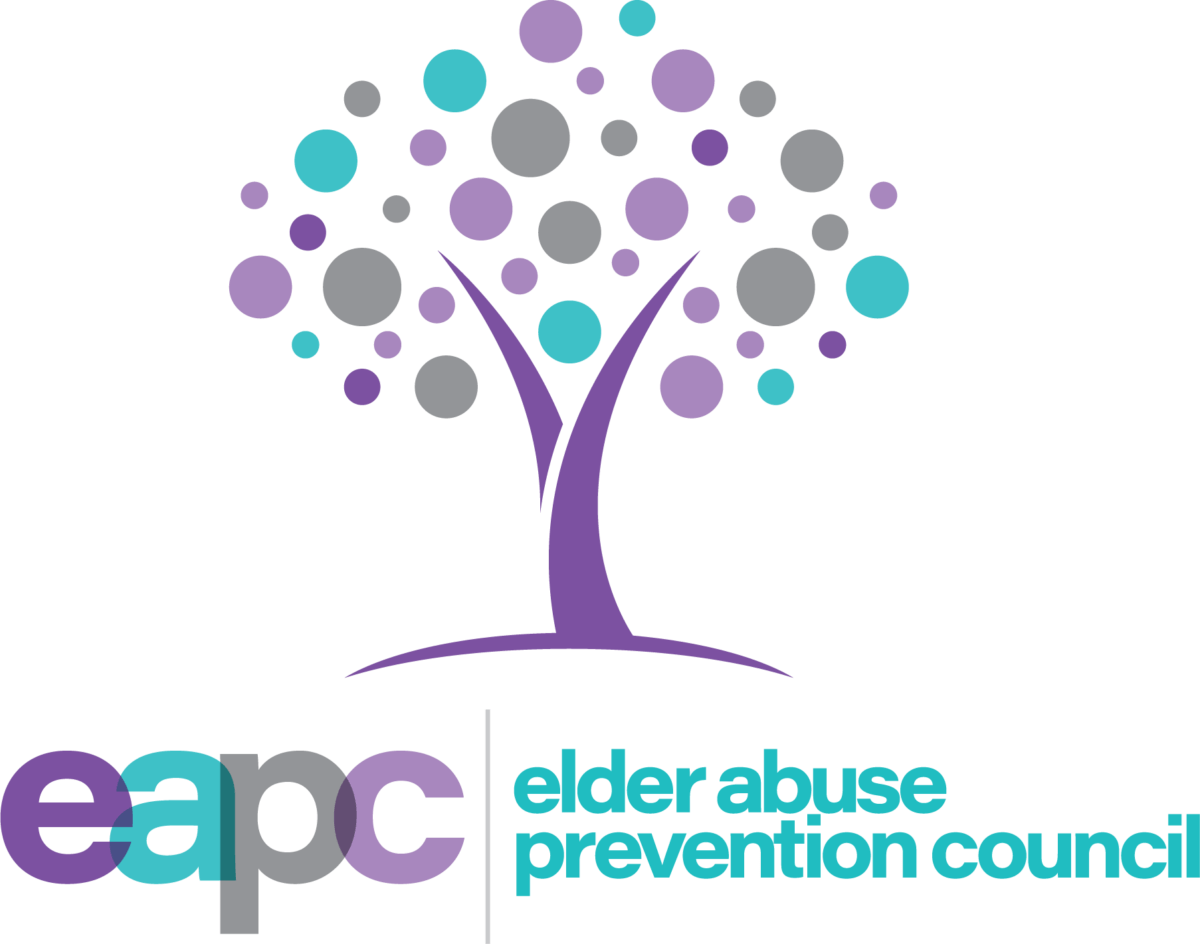The most prevalent warning signs of elder abuse are unexplained, sudden changes in the physical, mental and financial well-being of an older adult. You might notice:
Financial Changes
- Unexplained transactions
- Sudden drop in cash flow
- Unpaid bills despite financial resources
- Disappearance of possessions
- Refusal to spend money without consulting caregiver
- Changes in the will or power of attorney
Behavioural Changes
- Symptoms of fear, anxiety, agitation, depression
- Withdrawal from previously enjoyed activities
- Withdrawal and reluctance to speak
- Signs of fear of caregiver
- Denial of obvious injury; previous reports of similar injury
- Explanation of injury or condition: inappropriate to type/degree; vague or bizarre; conflicting explanations from elder and caregiver.
Changes in Habits
- Sudden/unexpected change in social habits
- Sudden/unexpected change in residence or living arrangements
- Claims of being “accident-prone”
- Missed/cancelled appointments, especially medical appointments
Physical Changes
- Unexplained physical injuries (bruising, cuts, scars, etc.)
- Sudden/unexpected decline in health or cognitive ability
- Dehydration, sudden weight loss
- Decline in personal hygiene
- Signs of sexually-transmitted disease (itching, pain/ bleeding)
Health & Wellness Changes
- Inappropriate or inadequate clothing
- Hazardous, unsanitary living conditions
- Lack of required medical aids, functional aids
- Signs of over/under-medication
- Evidence of locks or restraints
- Involuntary separation from others
You might also notice changes in behaviour on behalf of the caregiver, such as:
- verbal aggression, insults and threats toward the older adult
- an unusual amount of over- or underconcern for older adult
- speaking for older adult; not making older adult part of decision making
- being reluctant to leave the older adult alone with professionals
If you suspect elder abuse is taking place or has taken place, learn about the concrete steps you can take to support the older adult and prevent abuse in the future.
Elder abuse can be difficult to spot
Signs of abuse are often subtle and can be symptomatic of other conditions. It’s important to explore the cause of any warning signs that make you suspect abuse in order to determine whether elder abuse has taken or is taking place.
Keep reading…

